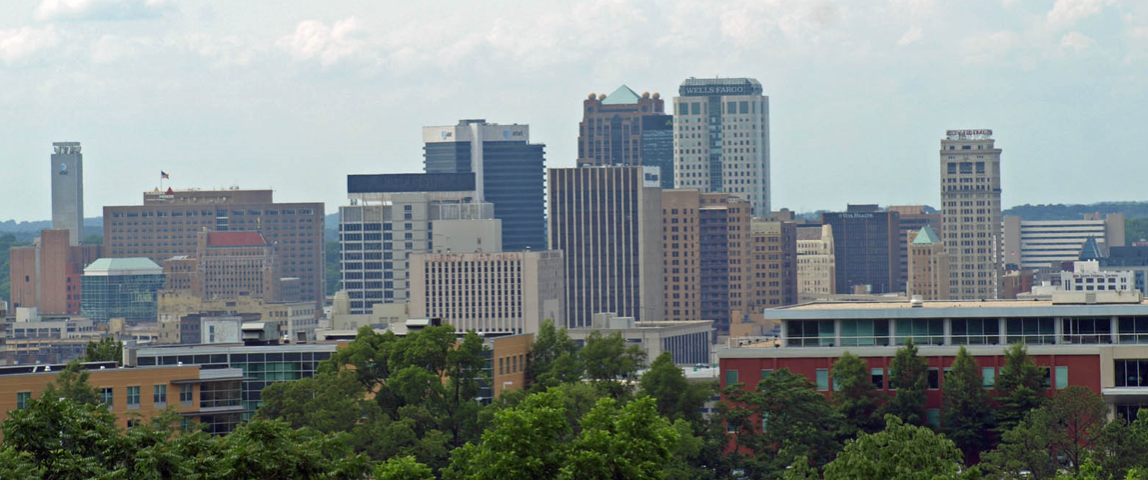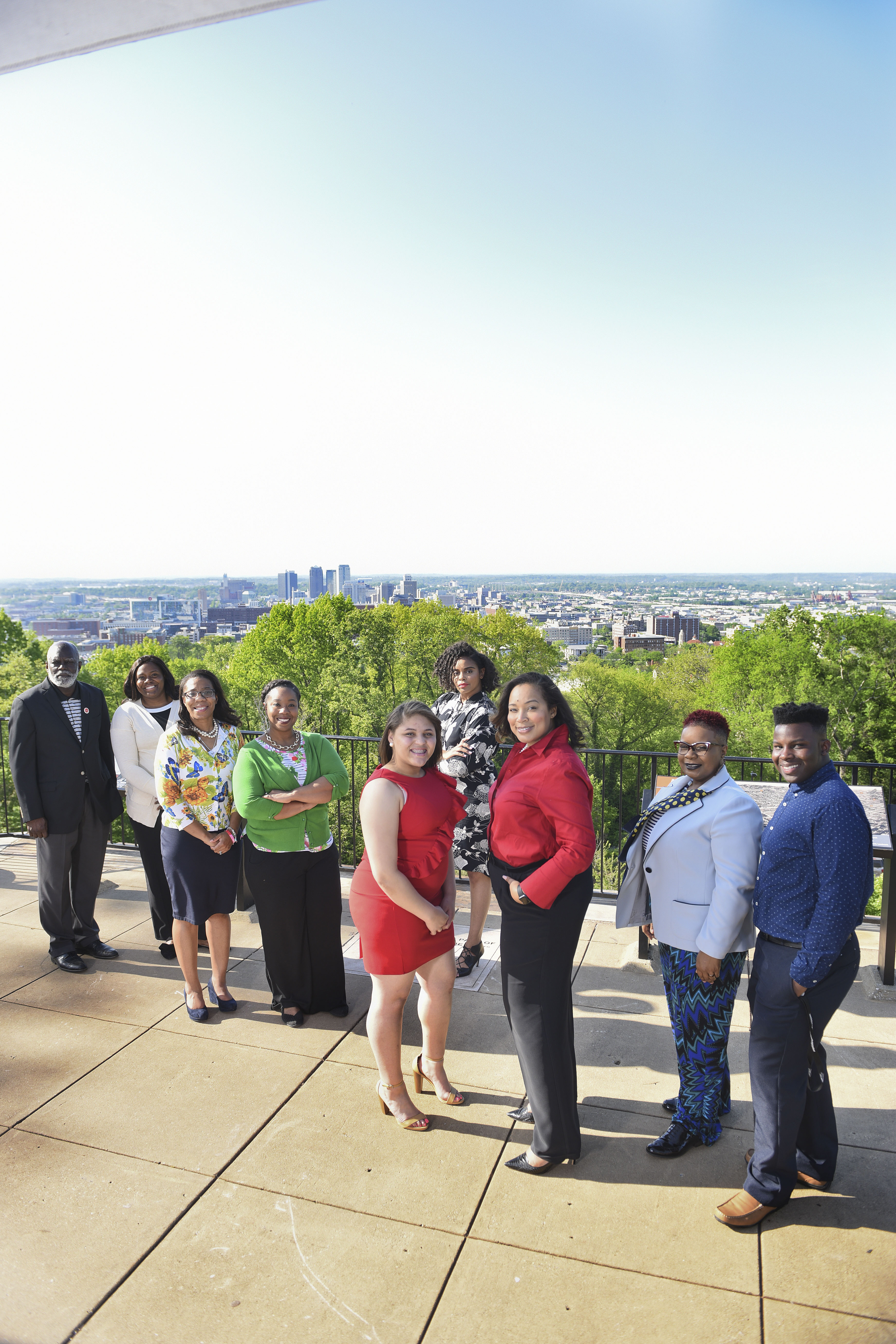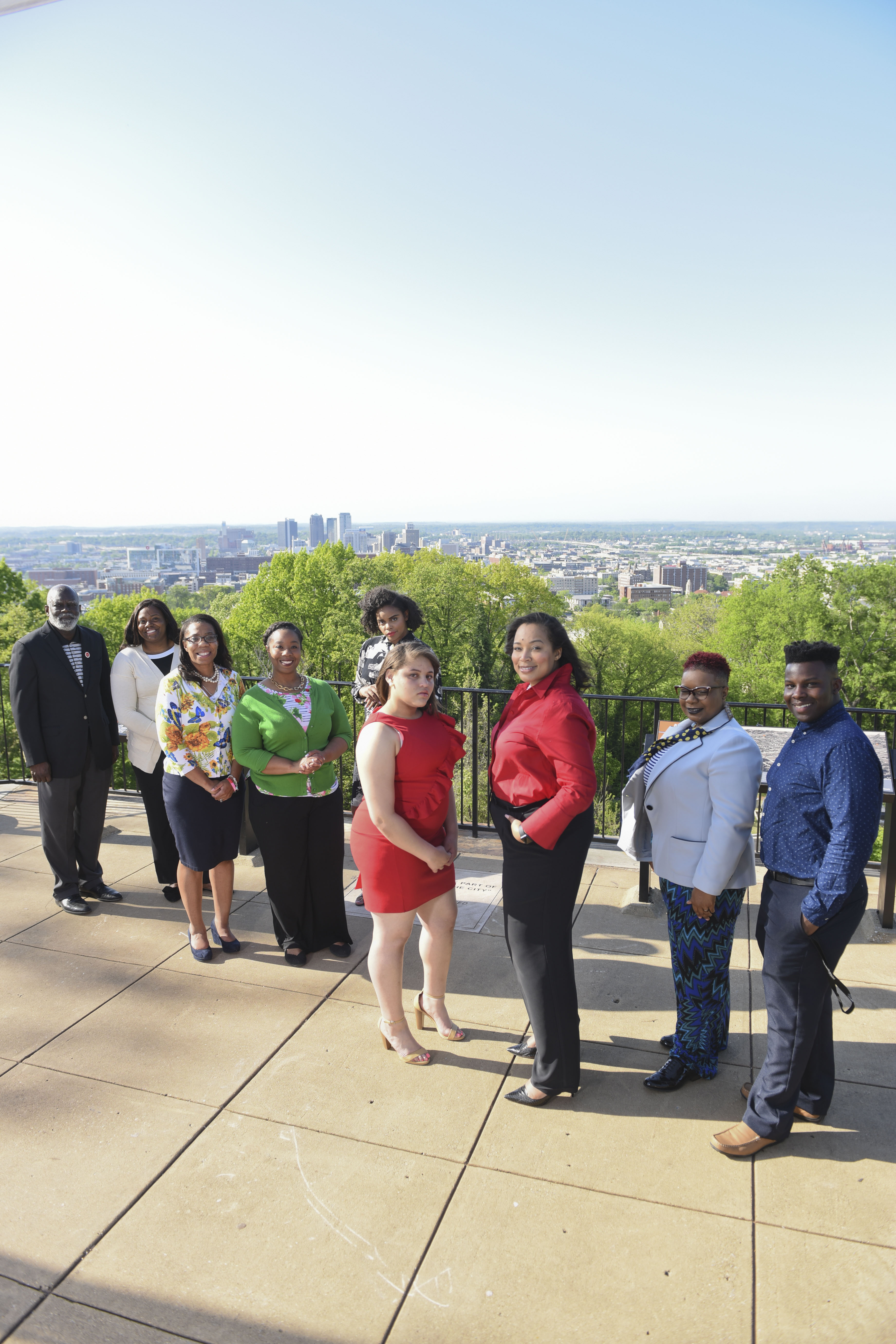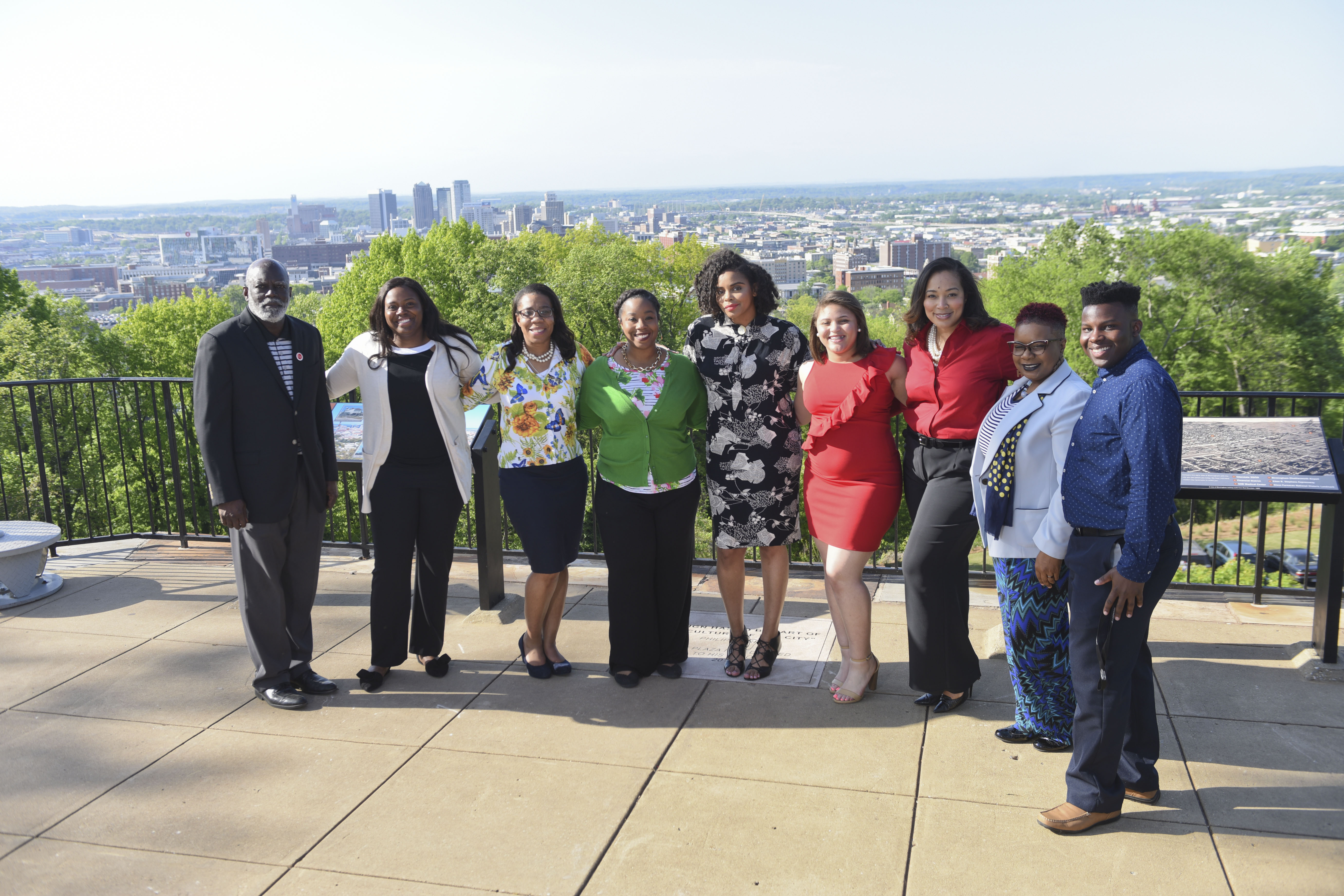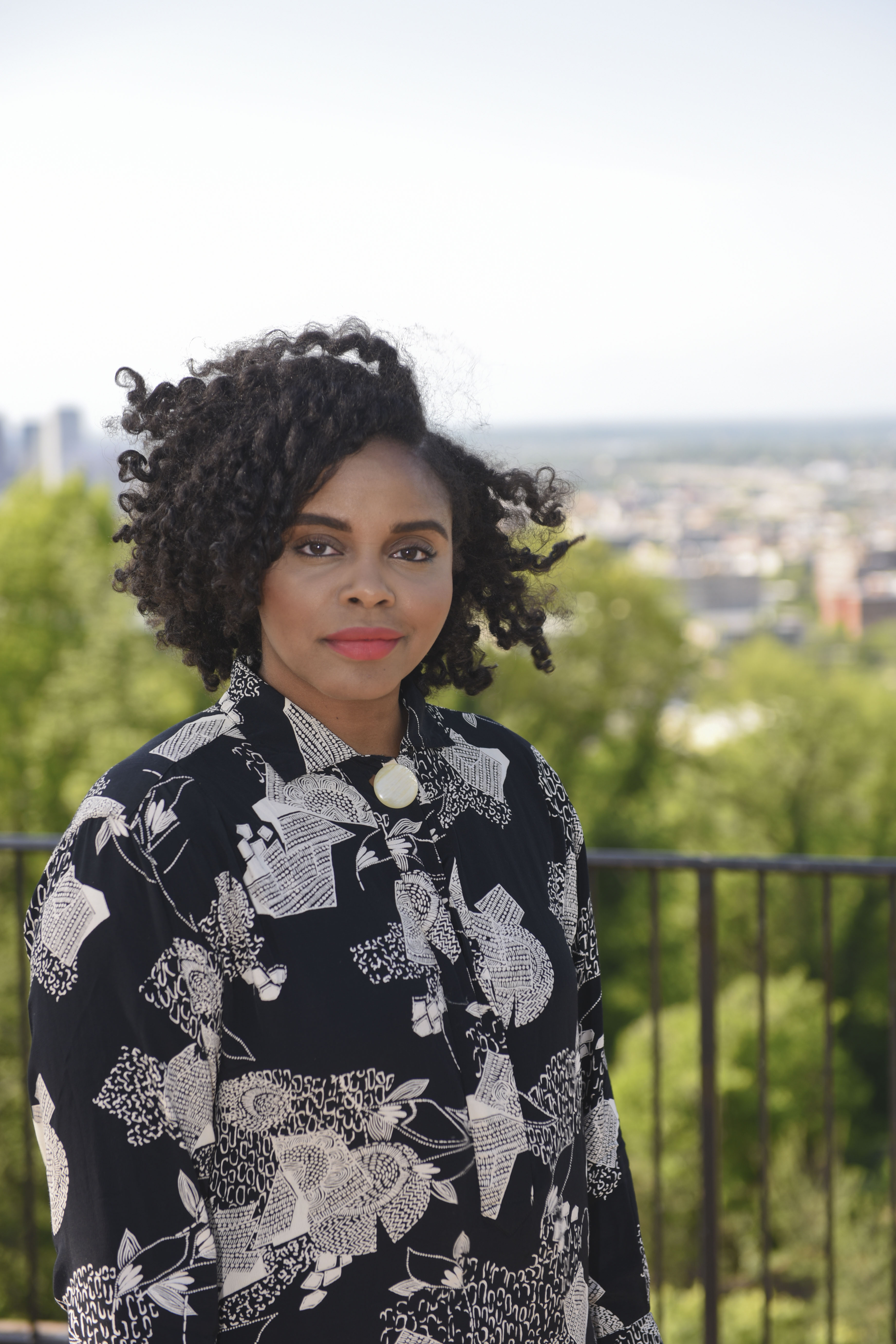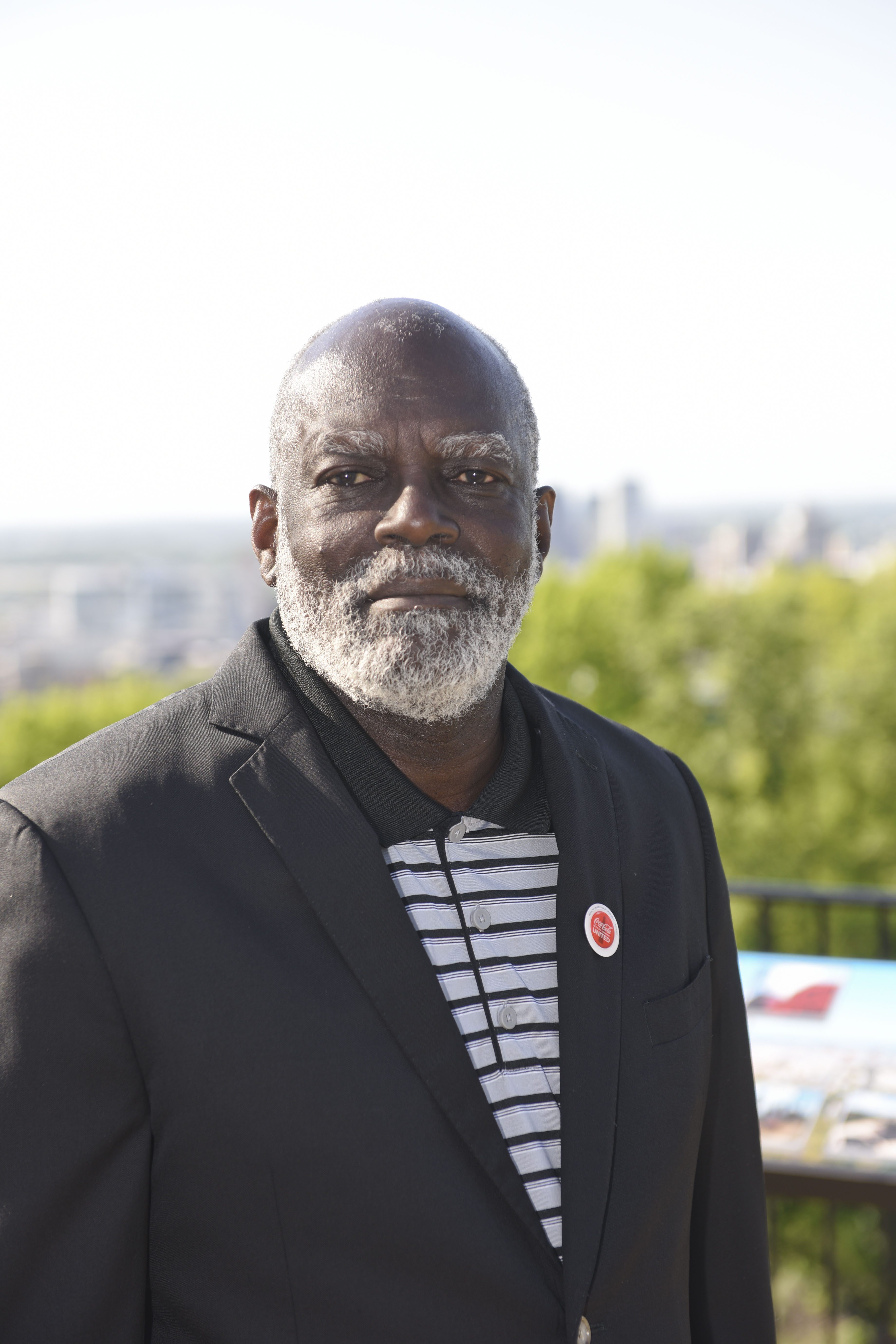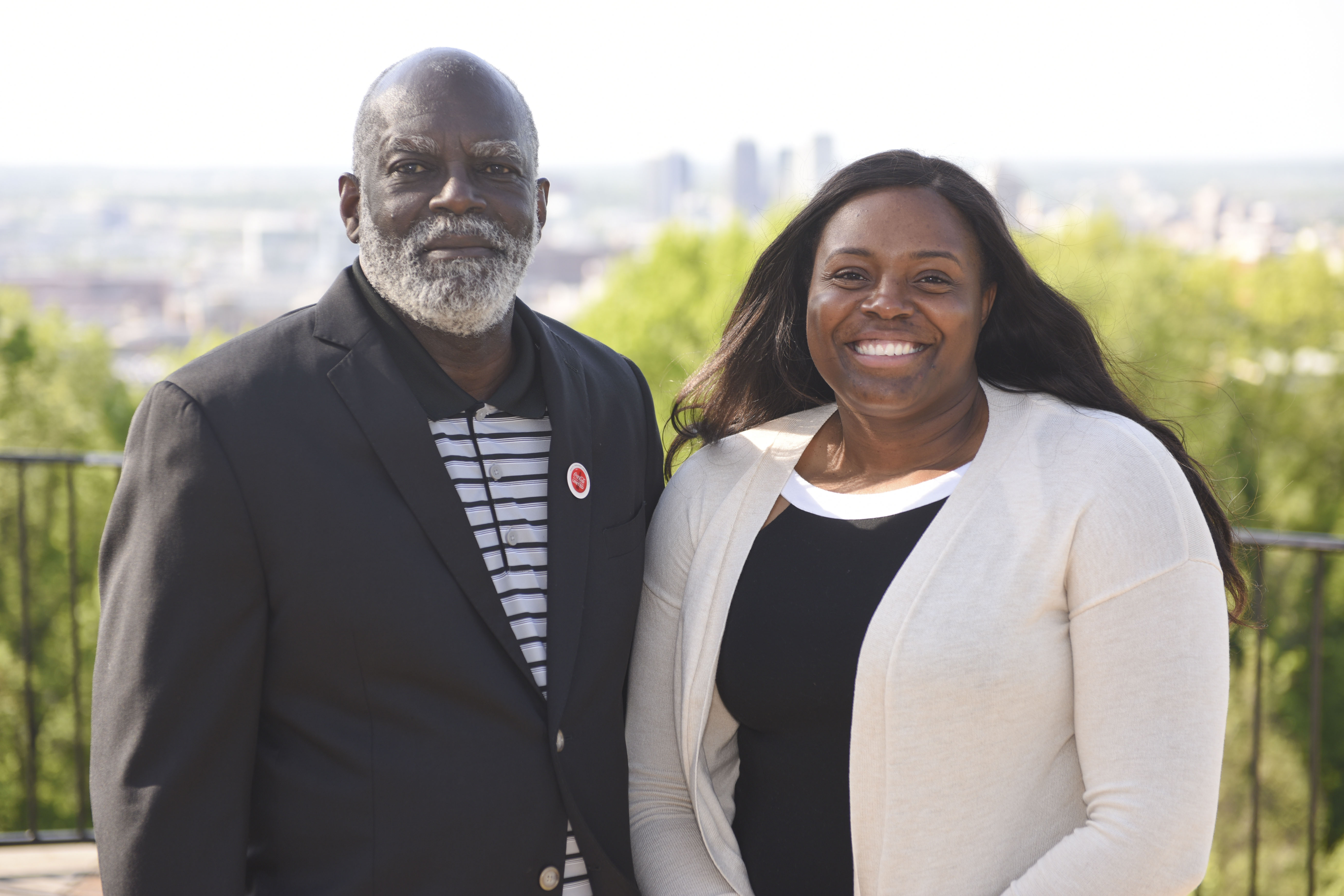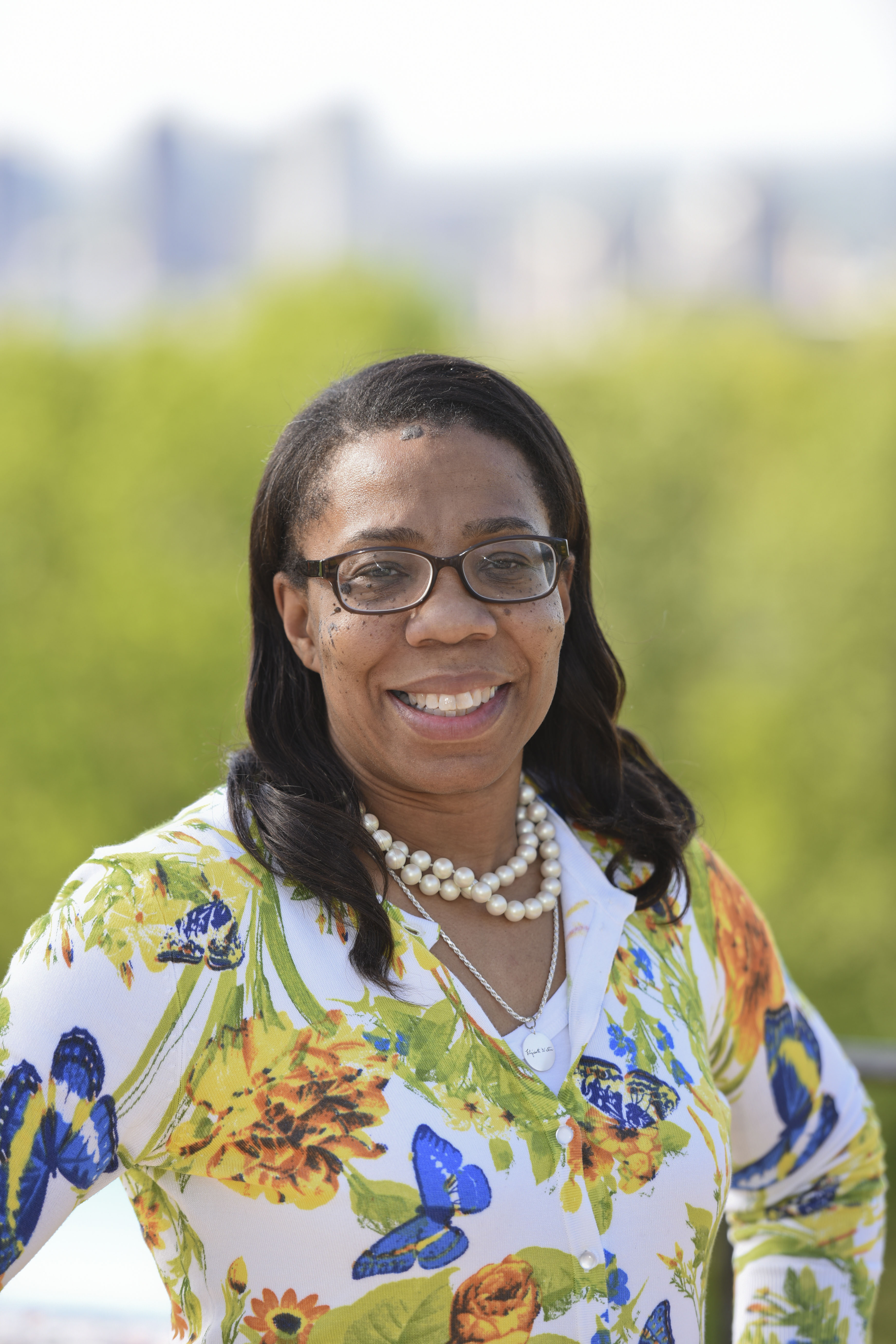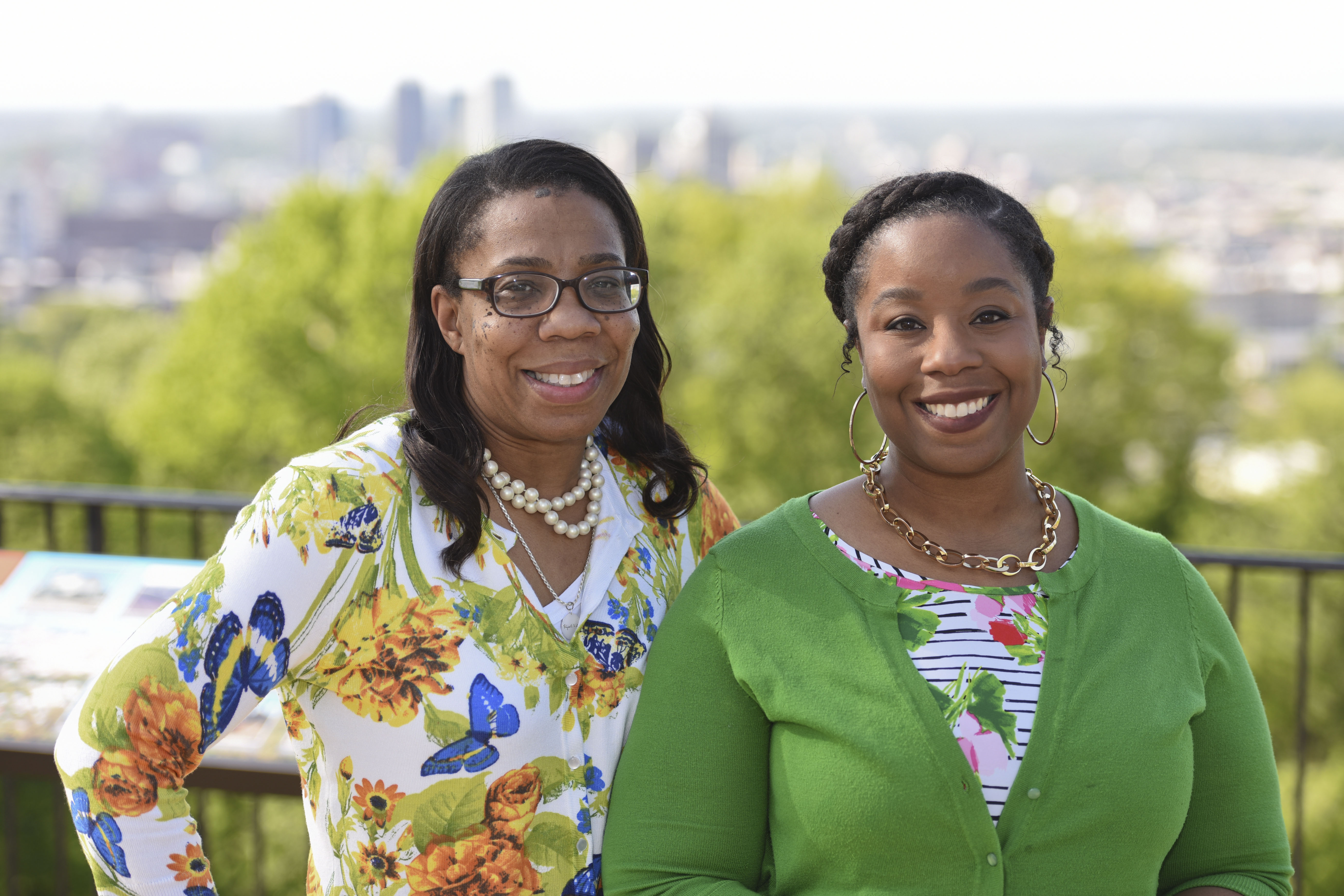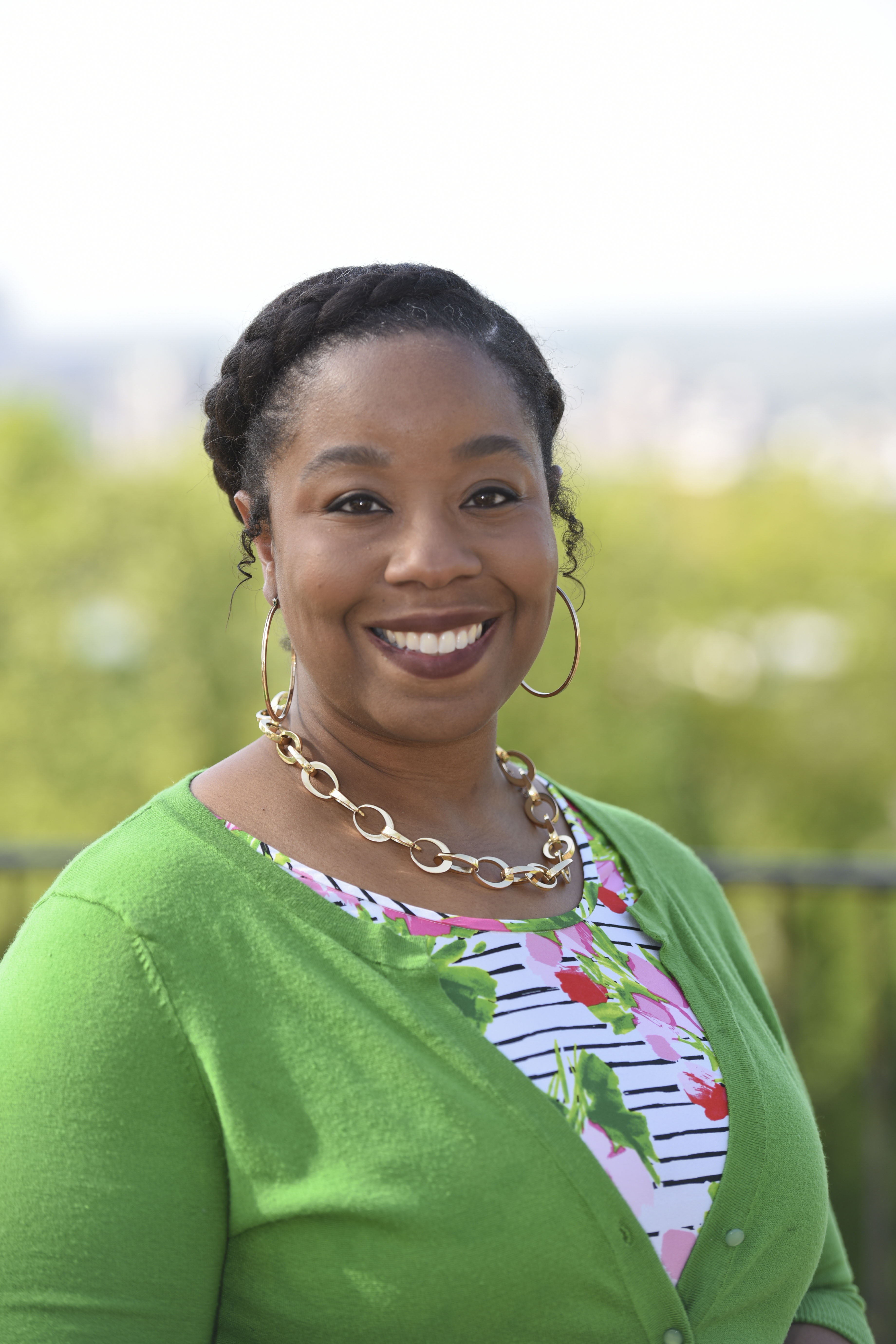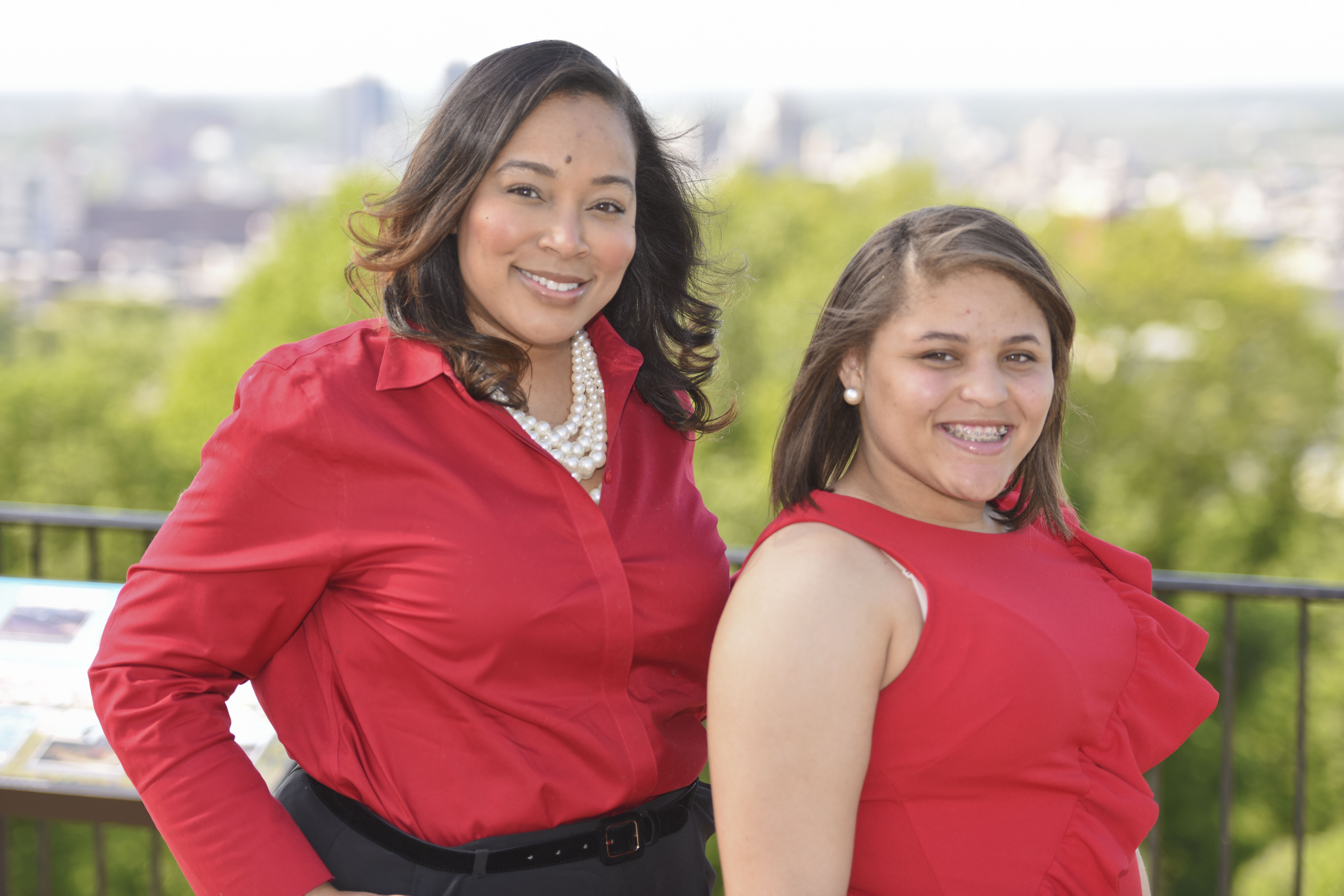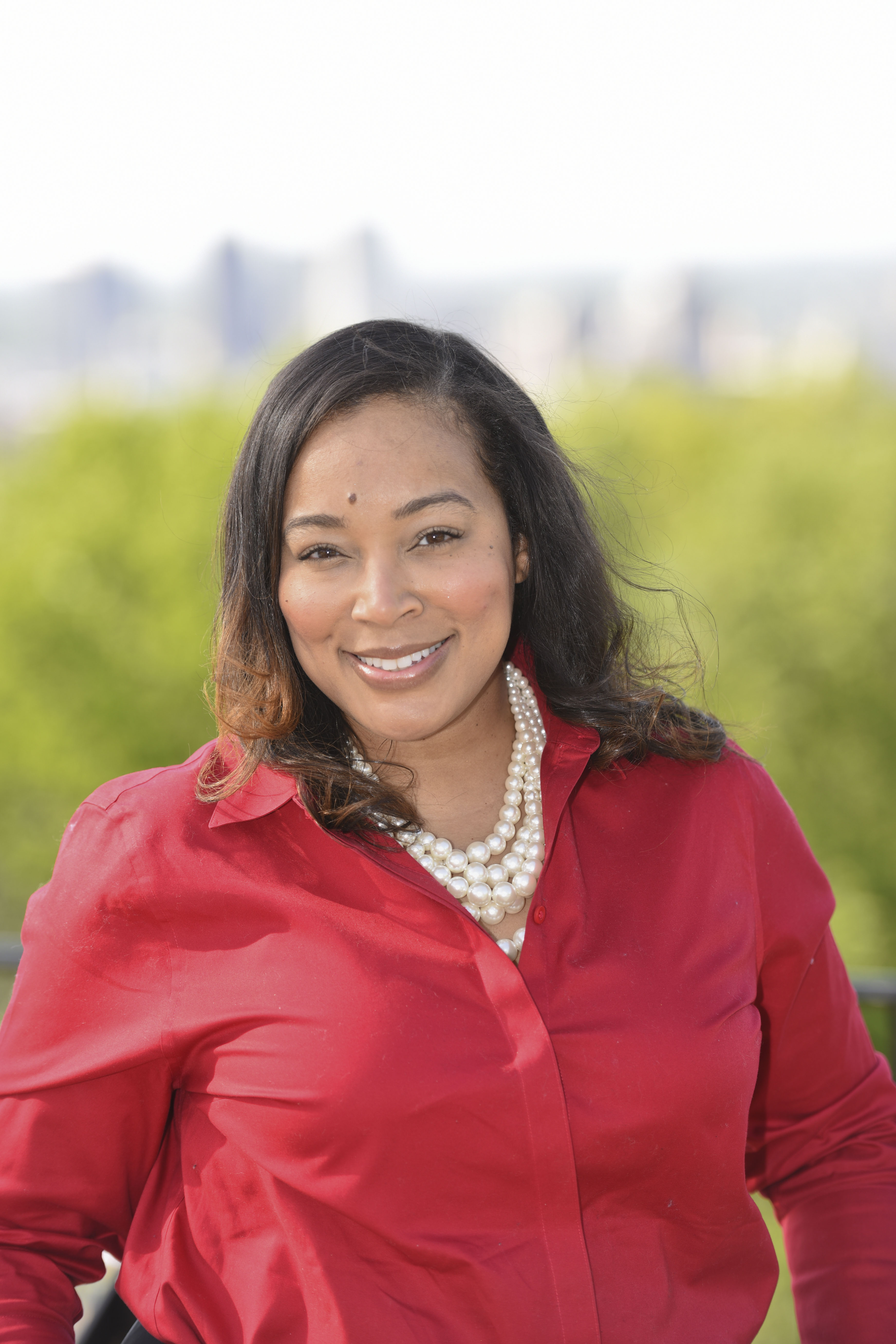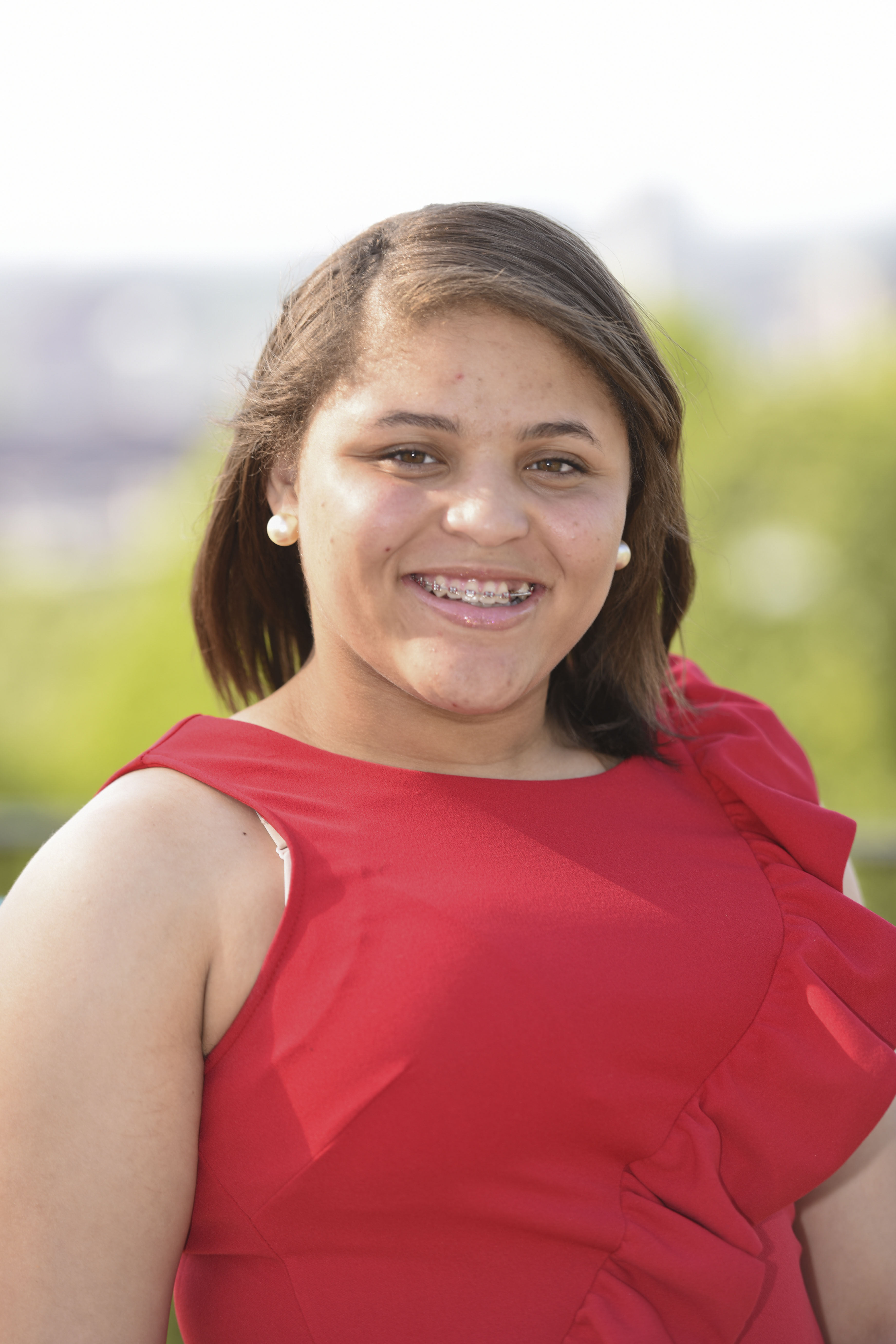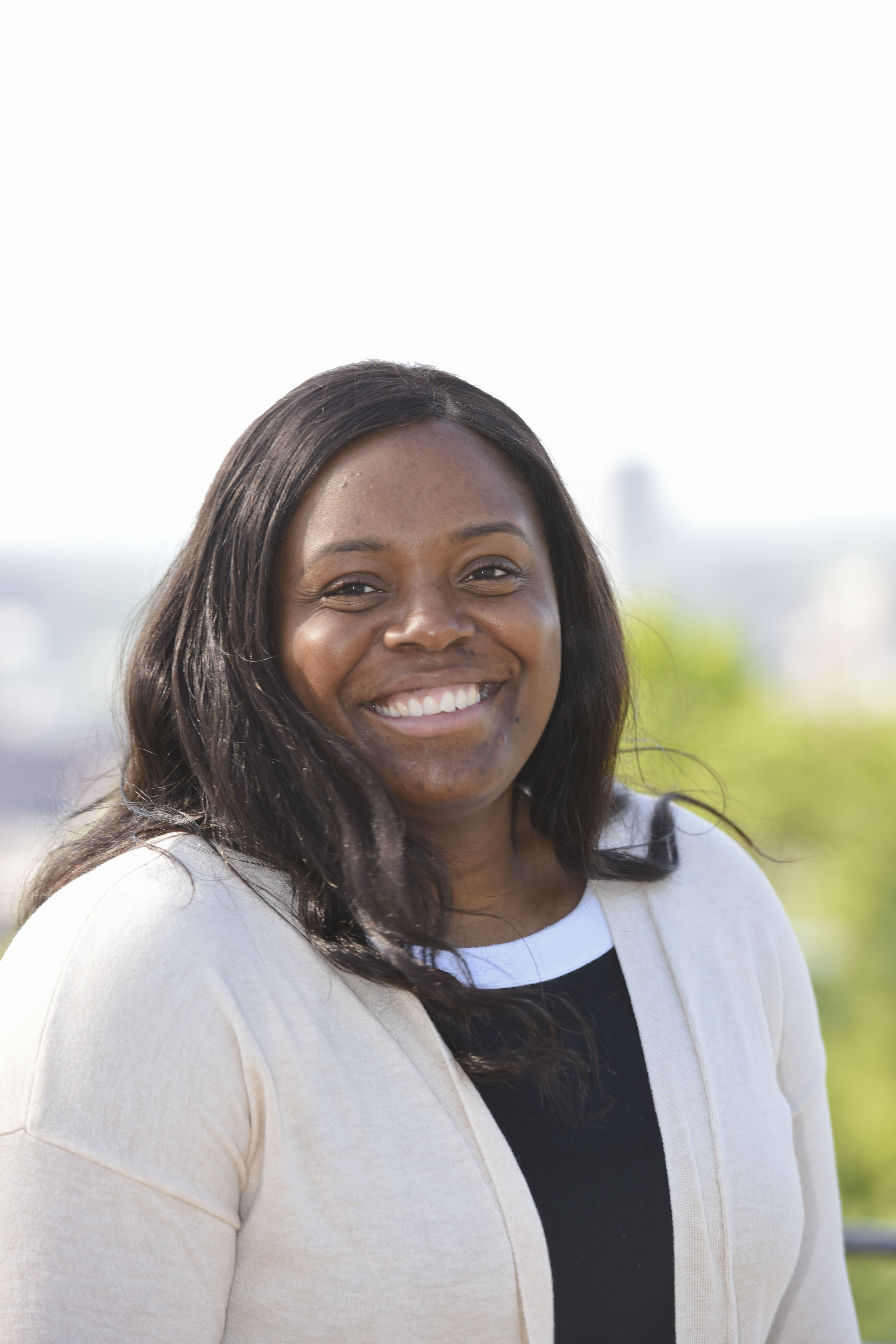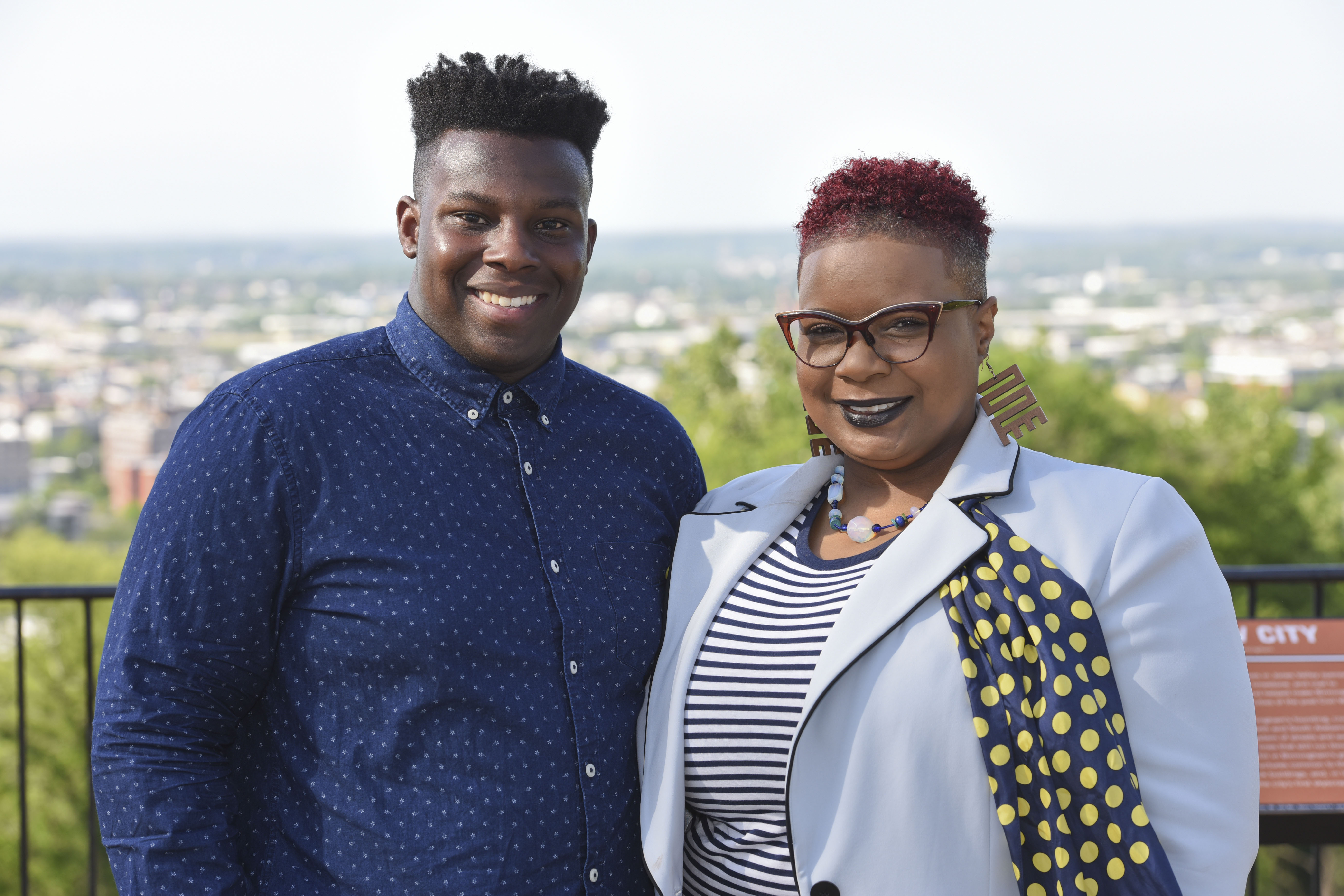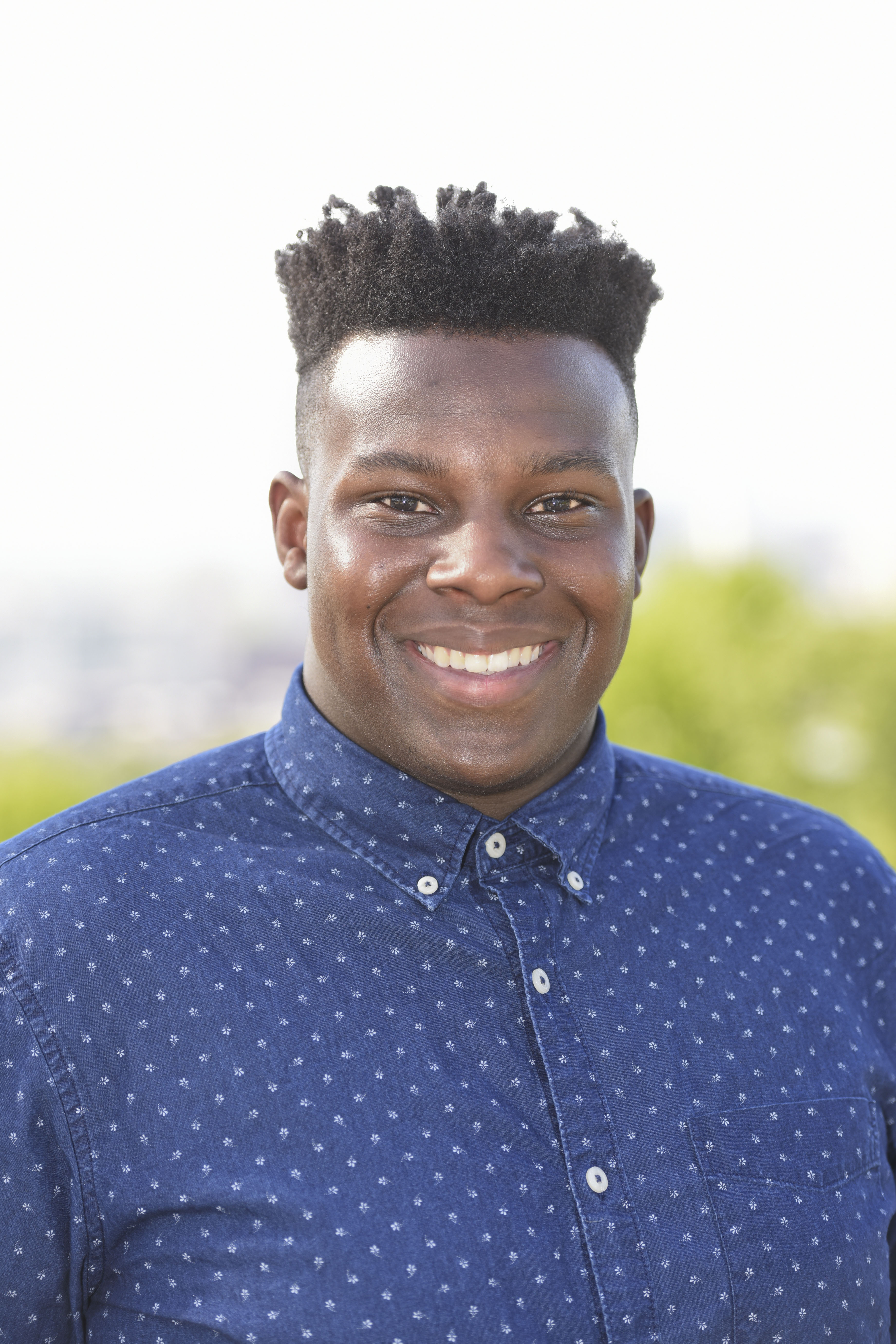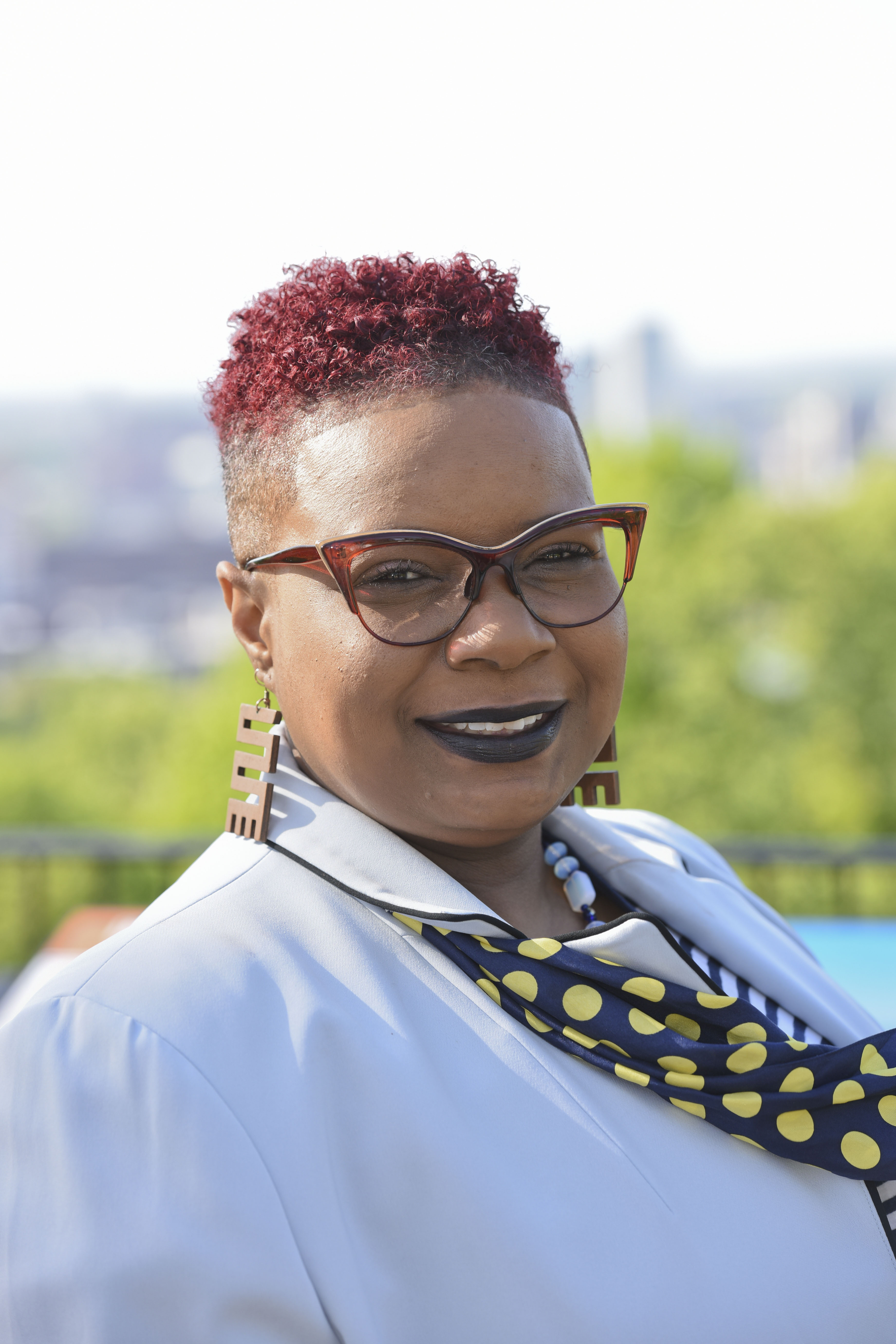By Barnett Wright
The Birmingham Times
And then there were five. That’s the number of finalists remaining in the NextGen Pitch Competition, for which dozens of students and teachers pitched ideas on how to make a better Birmingham.
Earlier this year, students and teachers submitted application essays that incorporated the following statement: “Birmingham’s bright future depends on ….” A panel of judges narrowed the submissions to six who were then paired with mentors from partner companies to help perfect the ideas and possibly make them realities; that list is now down to five.
On May 3, two students and three teachers with Birmingham City Schools will compete for the grand prize of $5,000; second- and third-place prizes are $1,500 and $1,000, respectively. The finals will be held at the Economic Development Partnership of Alabama building downtown Birmingham. There will be a reception at 5 p.m. followed by presentations at 6 p.m.
Summit Media’s Chuck Faush, who created the event and has partnered with the Birmingham Education Foundation (commonly called the Ed Foundation) and BBVA Compass, said students participating in NextGen are among the most talented in the Magic City.
“Two years ago, we launched an event hoping to recognize and reward those who give of themselves to make all of our lives better,” he said. “During that event, we were amazed that one of our awardees happened to be a student. That made us all realize that we have giants among us who are young and gifted, so we created NextGen to encourage and empower our youth and those who guide them every day.”
J.W. Carpenter, executive director of the Ed Foundation, which is a key supporter of and contributor to the event, said his group knows firsthand that Birmingham City Schools students and educators have fantastic ideas.
“Everyone involved with NextGen believes that we should shine a light on these ideas,” he said. “[We] are collaborating to put the spotlight on the people we should be listening to most when it comes to education: students and teachers.”
Here’s a closer look at the two NextGen student finalists and their mentors, as well as the three teacher finalists and their partners.
Students
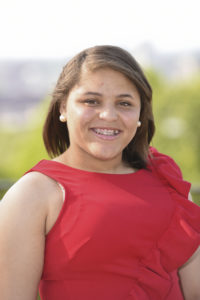
Kamil Goodman, a 16-year-old A.H. Parker High School sophomore, proposes a leadership roundtable that will include youth leaders and elected officials in Birmingham. She is partnered with Zhaundra Jones of the Community Foundation of Greater Birmingham, “a permanent charitable endowment to drive positive change,” according to cfbham.org.
In her pitch, Goodman writes that the roundtable will serve as an opportunity for elected officials to fully engage with and hear the voices of young people in the city: “Elected officials will be able to hear how youth feel regarding violence, education issues, employment, and how to retain youth in Birmingham after graduating from high school or college.”
“Youth leaders have a voice and desire to be involved in the growth that awaits Birmingham,” she continues. “… This engagement will allow elected leaders to gain a true feeling and understanding of the youth today and create a blueprint for tomorrow.”
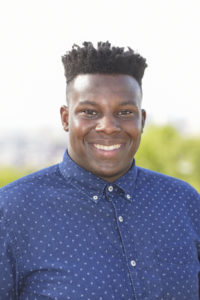
Jarvis Prewitt, a 16-year-old Huffman High School junior, said he’d like to implement a “Makerspace” program in all 43 Birmingham City Schools. He is partnered with Forté of the Ed Foundation, which is “driven by an urgency to help … students reach their potential,” according to edbirmingham.org.
Prewitt writes, “A Makerspace is collaborative learning environment where students and its users utilize technology to invent, experiment, and explore, while being challenged to be creative and think outside of the box while using STEM (science, technology, engineering, and math). [It] … would serve as a virtual classroom where educators take the curriculum or a teacher-led project and utilize it in these labs. To further make the schools more inviting to parents, schools would partner with businesses that specialize in STEM to provide training in the parent-resource center.”
Teachers
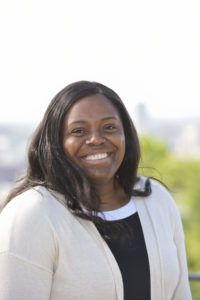
Shauntae Lockett Lewis, a physical education teacher at Minor Elementary School, would like to see a recruitment service for non-revenue-generating sports. She is partnered with Walter Body of the Coca-Cola Bottling Co. United Inc., which “proudly support[s] many civic and charitable organizations serving [Birmingham’s] communities,” according to cocacolaunited.com.
“Everyone is looking for the next LeBron James, but your typical volleyball, soccer, or track-and-field athletes are not getting these looks,” Lockett Lewis writes. “If we offered a process beginning in 9th grade assisting students and parents with the process, we would see more of our non-revenue sports getting into college.”
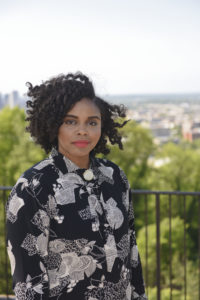
Christina Sellers, a kindergarten teacher at Huffman Academy, proposes a Genius MAP nonprofit organization that prepares and pairs students with the college or university of their choice “through mastery, autonomy, and purpose.” She is partnered with Caitlyn Burchfield of Butler Snow Law Office, “among the best nationwide in service—in anticipating needs, in a commitment to help …,” according to butlersnow.com.
“Our mission is anchored in belief,” Sellers writes. “At its heart, our program is sustained by the belief that our expectations and how students perform are positively correlated.”
“Students and parents will meet with a MAP guide every nine weeks to select actionable items that have been made available through partnerships with schools, local organizations, universities, and stakeholders to add to their current MAP module for completion. … Once items have been added to a student’s MAP module, students, teachers, and parents will receive a physical document and MAP legend detailing each activity and opportunity with relevant information, dates, and instructions.”
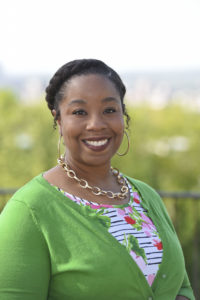
Kaleena Watts, who teaches American literature in A.H. Parker High School’s English Department, has proposed a districtwide student news outlet created for students by students. She is partnered with Valeria Walton Cornner of the Economic Development Partnership of Alabama, “a private, nonprofit organization … that works to attract, retain, and grow jobs in Alabama, while encouraging innovation,” according to edpa.org.
This effort is needed in today’s current political, socioeconomic, and educational climate, Watts writes: “With less than 20 percent of the students in our district reading at or above proficiency level, the student news will serve as a new resource to engage young readers, building better reading skills and habits. The platform … will allow students across the seven high schools … to collaborate in a way that models global business practices.”
For more information, visit www.nextgenbham.com


